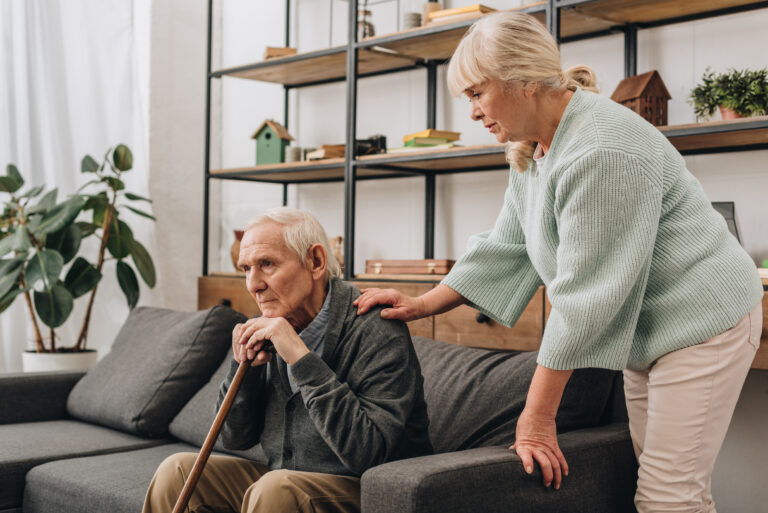Menopause is a natural phase in life that brings many changes, and having a strong support network can make this journey much easier. Building your menopause support network means surrounding yourself with people who understand what you’re going through and can offer encouragement, advice, or just a listening ear.
Start by connecting with friends and family. Sharing your experiences with those close to you helps reduce feelings of isolation. You might be surprised how many women around you have gone through or are going through similar changes. Talking openly about symptoms like hot flashes, mood swings, or sleep troubles can bring comfort and practical tips from those who’ve been there.
If friends or family aren’t enough or if you want to connect with others facing the same challenges, consider joining menopause support groups. These groups exist both in person and online. They provide a safe space to share stories, ask questions, and learn from each other’s experiences without judgment. Many communities have local meetups dedicated to menopause support where women gather regularly for discussions and mutual encouragement.
Workplace support is another important piece of the puzzle. Menopause symptoms such as fatigue or brain fog can affect work performance but talking openly with colleagues or managers about what you’re experiencing can help create understanding at work. This doesn’t mean asking for special treatment but rather fostering an environment of equity where accommodations like flexible hours are possible if needed.
Healthcare professionals also play a key role in your network. Seeing doctors who specialize in menopause care can give you tailored advice on managing symptoms effectively—whether it’s lifestyle changes, hormone therapy options, or mental health support through counseling.
Building this kind of network takes time but starts simply by opening up conversations wherever you feel comfortable—at home, at work, online forums—and seeking out resources designed specifically for menopausal women’s wellbeing.
With these connections in place—a mix of personal relationships, peer groups, workplace allies, and healthcare providers—you’ll find navigating menopause becomes less daunting because you’re not alone on this path anymore; there’s always someone ready to listen and help along the way.





